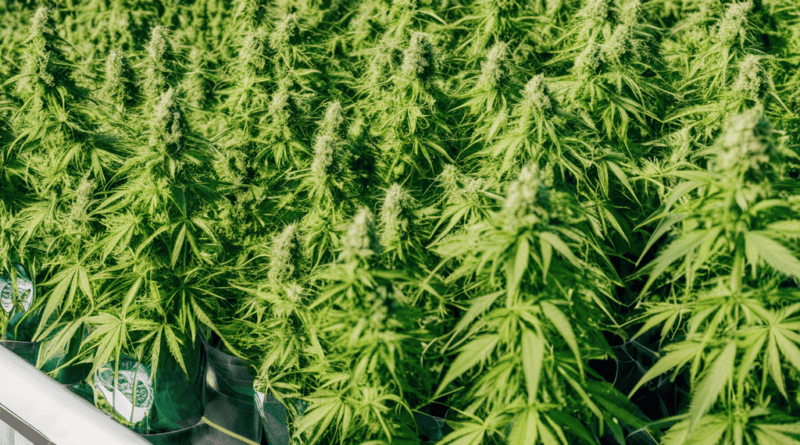California Assembly Bill 2223: Aims to Streamline Regulation of Marijuana and Hemp Industries
California’s New Legislation: Integrating Marijuana and Hemp Producers
California is on the brink of significant legislative change as it considers integrating its marijuana and hemp industries under proposed legislation. The move, encapsulated in Assembly Bill 2223, seeks to streamline industry regulation and unification. Introduced by Assembly Majority Leader Cecilia Aguiar-Curry, the bill has already garnered bipartisan support, signaling strong political momentum.
Key Provisions and Support
Assembly Bill 2223 aims to enhance regulation tools for state and local health and law enforcement officials to better control the sale of intoxicating hemp products. Notably, the bill proposes strict limitations on THC content in hemp products, capping it at 0.3% per product and 1 milligram of THC per serving. Importantly, the bill also prohibits the sale of synthetic cannabinoids, even by licensed cannabis companies, ensuring that only natural cannabinoid products remain available in the market.
The proposed legislation has received endorsements from significant industry stakeholders. The United Food and Commercial Workers labor union, representing cannabis workers across the state, has expressed support, viewing the bill as a step forward in worker rights and industry safety. Additionally, the California Cannabis Industry Association (CCIA) has backed the bill, underlining its potential to reshape California’s legal and regulatory environment for cannabinoids comprehensively.
Background and Federal Context
Assembly Bill 2223 builds upon previous legislation, particularly AB 45, which was passed in 2021. AB 45 allowed for hemp-derived CBD to be incorporated into food, beverages, and other consumer goods while temporarily banning smokable and inhalable hemp products, and intensifying testing requirements. This former legislation laid the groundwork for stricter scrutiny over hemp products, influencing the current legislative proposal.
The push for stricter state-level regulation gains context within broader federal legislative landscapes. The 2018 U.S. Farm Bill inadvertently allowed some intoxicating forms of THC to flood the market, which catalyzed calls for more stringent definitions of hemp in upcoming federal legislation. California’s legislative efforts mirror this national conversation, attempting to preemptively address regulatory loopholes observed since the 2018 federal shift.
Yet, not all reactions to Assembly Bill 2223 have been positive. Critics argue that the proposed THC limits could effectively eliminate “full-spectrum” hemp-derived CBD products, which some medical consumers depend upon. These critics warn that overly stringent regulations might marginalize certain consumer segments, particularly those using hemp-derived CBD for medical purposes. As legislative processes continue, these concerns will undoubtedly shape discussions and potential amendments.

